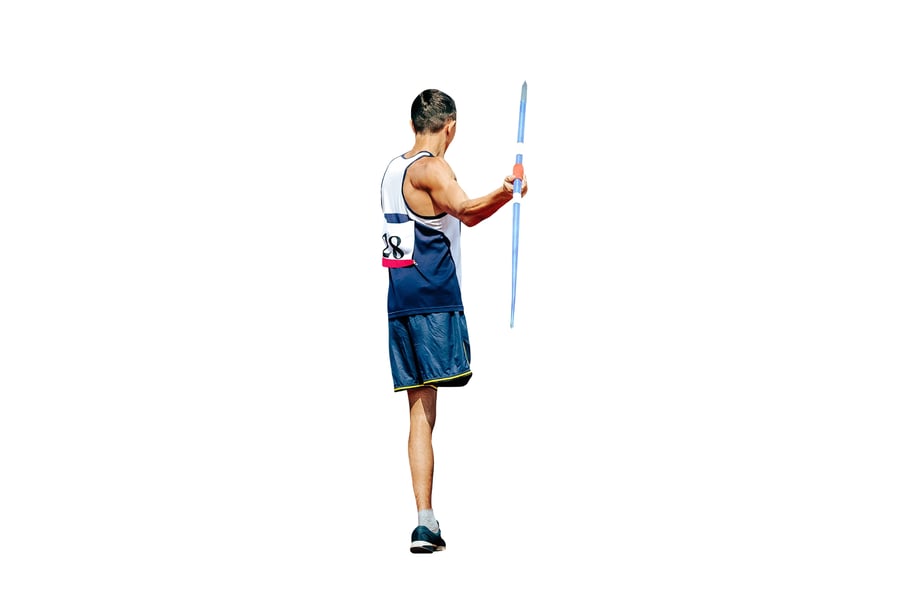
On a warm August evening in the heart of Paris, the City of Light embraced a new era of inclusivity as the 2024 Paralympic Games commenced with an unprecedented opening ceremony.
For the first time in Paralympic history, the celebration unfolded not within the confines of a stadium, but along the iconic Champs-Elysees and culminated at the Place de la Concorde, symbolizing the organizers' vision of placing disability inclusion at the forefront of society.
An estimated 65,000 spectators lined the famous avenue as approximately 4,400 athletes from a record 168 delegations made their way from the Arc de Triomphe to the Place de la Concorde.
The parade offered a stark contrast to the Olympic Games opening, which battled inclement weather along the Seine. This time, golden skies provided a picturesque backdrop to the athletes' procession, setting an optimistic tone for the 11 days of competition to follow.
At the Place de la Concorde, the largest square in Paris, a carefully choreographed spectacle unfolded. Artistic Director Thomas Jolly had promised a showcase of Paralympic athletes and their embodied values, and the performance delivered on that promise. Former Paralympic swimmer Theo Curin emerged as a central figure, transporting athletes in a taxi adorned with Phryges, the official mascot adapted for the Paralympics with a running blade.
The ceremony's artistic segments tackled societal issues head-on, featuring performers with various disabilities and impairments. These displays highlighted the paradox of a world that claims inclusivity yet remains rife with prejudice, a theme that resonated throughout the evening.
Tony Estanguet, president of the Paris 2024 organizing committee, set a revolutionary tone in his address. "What makes you revolutionaries is that, when they told you 'no', you continued," Estanguet declared to the athletes. "Tonight, you are inviting us to change our perspectives, change our attitudes, change our society to finally give every person their full place."
The significance of the venue choice was not lost on spectators or participants. The Place de la Concorde, central to the French Revolution 225 years ago, now stands as the launching point for what International Paralympic Committee President Andrew Parsons termed "the inclusion revolution."
As night fell, the ceremony reached its climax with the lighting of the Paralympic cauldron. In a touching display of unity, twelve Paralympic champions participated in the flame parade. The honor of igniting the cauldron fell to a group of French athletes, including flagbearers Nantenin Keita and Alexis Hanquinquant, alongside Charles Antoine Kouakou, Fabien Lamirault, and Elodie Lorandi.
With 22 Paralympic sports on the agenda and 549 gold medals at stake, the Games promise fierce competition and inspiring displays of human potential. Notable firsts include the participation of Eritrea, Kiribati, and Kosovo, expanding the Paralympic family. Additionally, eight athletes will compete under the banner of the Paralympic Refugee Team, a poignant reminder of the Games' ability to transcend geopolitical boundaries.
As the fireworks faded into the Parisian night sky, the city stood ready to host what IPC President Parsons believes will be "the most spectacular Paralympic Games ever." With two million tickets already sold and half a million still available, the stage is set for a Games that could redefine societal perceptions of disability and athletic achievement.
* BBC Sports contributed to this article.





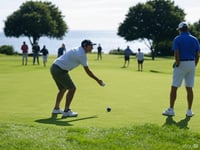
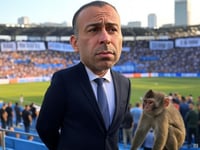

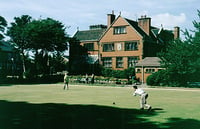


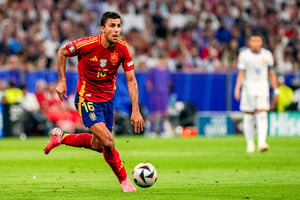
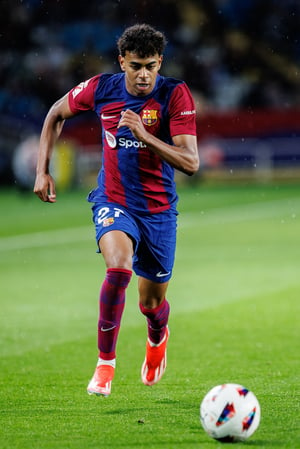
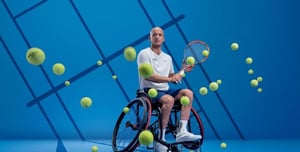
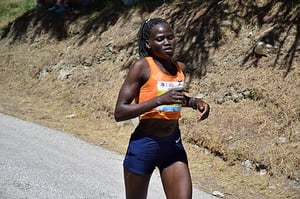
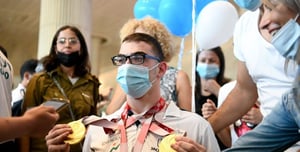
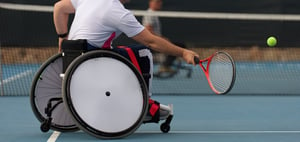
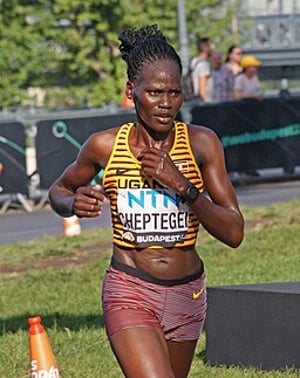
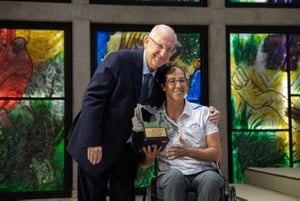
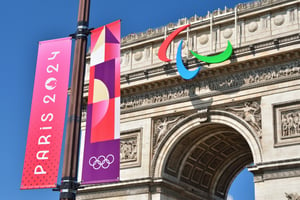
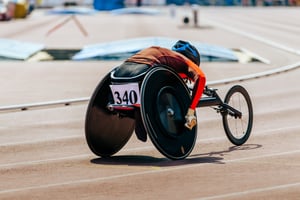
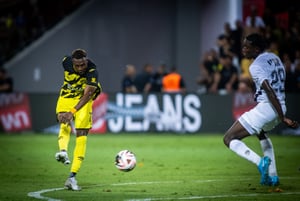


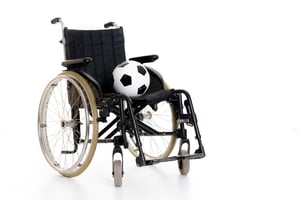

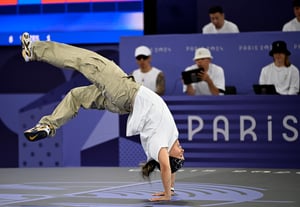
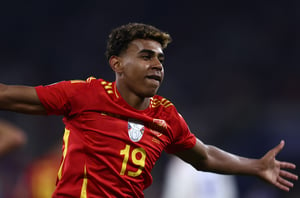
0 Comments